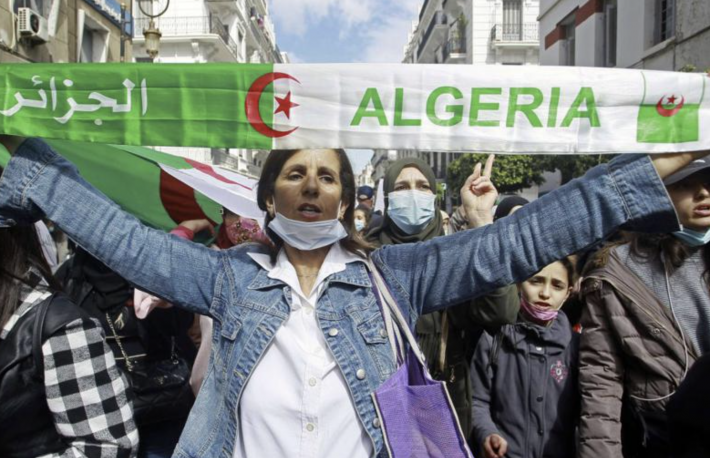The fact that Europe colonised most countries worldwide may not surprise us. For example, following the invasion of Algeria by France in 1830, Algerian citizens endured 132 years of French rule until they fought back and won their Independence in 1962.
While the country may have rightfully retrieved their Independence, it still needed to establish a stable economy again. There was no government or official leader, and different people had different ideas on how the country should manage the country. As a result, various political parties formed, expressing ideas and fighting to win power. Once they had power, they looked for a way to improve their condition and become involved in corruption, as always happens with politics.
The civil war in Algeria lasted for 10 years, from 1991 to 2002, and took many lives. Citizens were under curfew from 8 pm to 7 am. The polices arrested and sometimes killed any outside during the curfew. In addition, people fled the city to live in rural areas of Algeria, and to survive, they raided local villages for food and resources and stole from households. Overall, the country was in chaos and even after the civil war, many areas in Algeria weren’t safe.
Education in Algeria was different for males and females. However, it was a privilege to be educated regardless of gender. Most families sent their daughters and sons to school, but due to the civil war in Algeria, it became riskier for females to attend school as they were far more likely to be kidnapped. In addition, people who escaped to the mountainous areas of Algeria raided local villages and sometimes kidnapped young girls to serve them as enslaved people. As a result, many girls dropped out of school, left their homes, and moved to live with families in safer cities and towns.
Hence, the enrolment rates for both primary and secondary schools. Men were also at risk for attending school (although the threat wasn’t as high as for females). However, they had no choice but to stay around to support; the “providers” for families.
Before the civil war, there was no local education system in Algeria. This is because when the French invaded Algeria, they wanted the locals to study in french. So, they banned any child or person from receiving local education and the only schools in place were taught in French. Therefore, even after the war of Independence, rarely any educated people could pass on their knowledge of Algerian history and tradition and act as teachers to the younger generation.
Therefore, the only language used at schools, colleges and the University was French. Speaking French became a sign of wealth and class. Although many schools in Algeria today teach in a mix of both Arabic and French, the social divide is still prominent. For example, private schools are mainly taught in French and institutions in wealthier and more developed areas in Algeria, such as Algiers. In contrast, schools in less developed regions, such as Jijel, teach Arabic. This is one of the reasons that French education is valued more than Arabic education.
The impact of the conflict is still evident in Algeria even many years after the initial war. Education was one of the most significant sectors that were affected in Algeria. This has stayed the same even though the economy has improved since then. Primary school enrolment rates increased from 94% in 2003 to 98% in 2015, and the adult literacy rate is 81.4%. This is a vast improvement from post-war statistics, where over 80% of the population was illiterate.
Algeria is rebuilding itself as a nation, and we hope to see more development in the future.
Lina Boudelaa, Studying Level 3 Extended Certificates, Leyton Sixth Form College.
